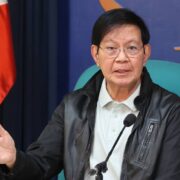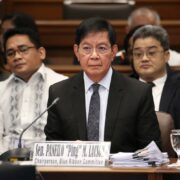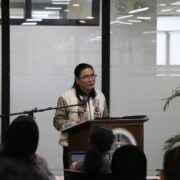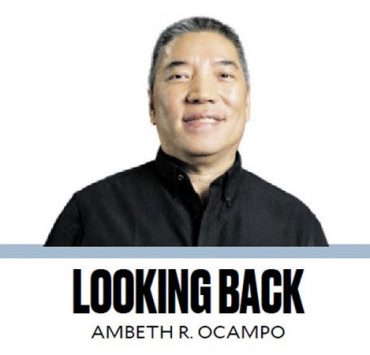Bridging the skills gap among Filipino graduates

In today’s fast-evolving world, the concept of being “industry ready” is undergoing a profound transformation. Gone are the days when a traditional four-year degree was the sole pathway to success. Today’s youth are increasingly drawn to alternative routes from entrepreneurial pursuits to careers in social media, reflecting a broader shift in societal values and role models.
The Philippines ranked 22nd out of 111 countries in the 2022 English Proficiency Index by Education First. Filipino youth remain optimistic despite poor global rankings in math, reading, and science, placing 77th in the 2022 Programme for International Student Assessment. While 31 percent of Gen Z and 30 percent of Millennials cite education quality and cost as top challenges, 84 percent expect their lives to improve in the next five years.
For many Millennials and Gen Zs, the allure of a four-year degree is fading. A Gallup poll reported in the Harvard Business Review in February 2023 showed diminishing interest in traditional education among younger generations in the United States.
The digital revolution has redefined career paths in Malaysia and the Philippines, especially among the young. Platforms like TikTok, YouTube, and emerging artificial intelligence (AI)-driven industries are generating job opportunities that traditional education struggles to address. As digital literacy and tech savviness become essential for success, formal education must evolve accordingly.
The international partnerships and exchange initiatives of the De La Salle University and the University of the Philippines have highlighted efforts to enhance global competencies and cultural exchange. These initiatives are examples of how they can further reflect the country’s commitment to providing the youth with international experience, which is critical for employment abroad.
The Philippines can draw lessons from Malaysia in aligning education with the industry needs to help address the skills gap and produce future-ready graduates. President Marcos allocated a historic P1.055 trillion to education in the 2025 national budget, the sector now commands the largest share.
However, a P10-billion cut to the Department of Education’s computerization program raises concerns about widening the digital divide.
The focus should not be on devaluing education but on reshaping it to align better with modern demands. On the brink of a digital transformation, the Philippines needs to rethink how it prepares young talent for future challenges.
Acquiring AI-related skills, such as prompt engineering and applied generative AI, can lead to salary increases of up to 47 percent globally, underscoring the importance for Filipino workers to upskill in these areas to remain competitive.
Recognizing the importance of industry-academia collaboration in bridging the skills gap, Quest International University, for example, offers value-added support through established partnerships with industry leaders, educational institutions, and industrial firms. The primary aim of such partnerships is to seamlessly blend theoretical learning with practical, real-world experience, ensuring that students and staff are equipped with current industry skills and knowledge. These partnerships will help students prepare better as they enter the workforce and help the faculty deliver relevant, industry-aligned education.
The comprehensive approach offers students additional qualifications and hands-on opportunities, preparing them to excel in real-world challenges.
To foster a new generation of industry-ready graduates, the Philippines must embed entrepreneurship and cross-cultural competencies into its education system. Graduates who possess a blend of technical, entrepreneurial, and global skills are poised to become the leaders of tomorrow, driving change not just within the country but also on the global stage.
Education spending in the Philippines remains at merely 3.6 percent of GDP, below Unesco’s recommended 4 to 6 percent. The government must develop a multiyear road map to bridge the gap with clear spending targets, ensuring resources directly improve learning outcomes.
Embracing change is essential for progress and is crucial in reforming the Philippines’ educational landscape. Governing bodies and educators must consider more flexible, skill-focused learning models to meet evolving needs.
Graduates with technical, entrepreneurial, and cross-cultural skills like those in Malaysia drive both countries’ futures and become innovators globally, equipped to navigate an ever-changing world. Building this future begins with rethinking education today.
—————-
Datuk Seri Vijay Eswaran is a prominent Asian thought leader, philanthropist, speaker, and author. He is the founder and executive chair of the QI Group of Companies, a multinational conglomerate headquartered in Hong Kong. He is also chair of the University Council for Quest International University in Perak.

















